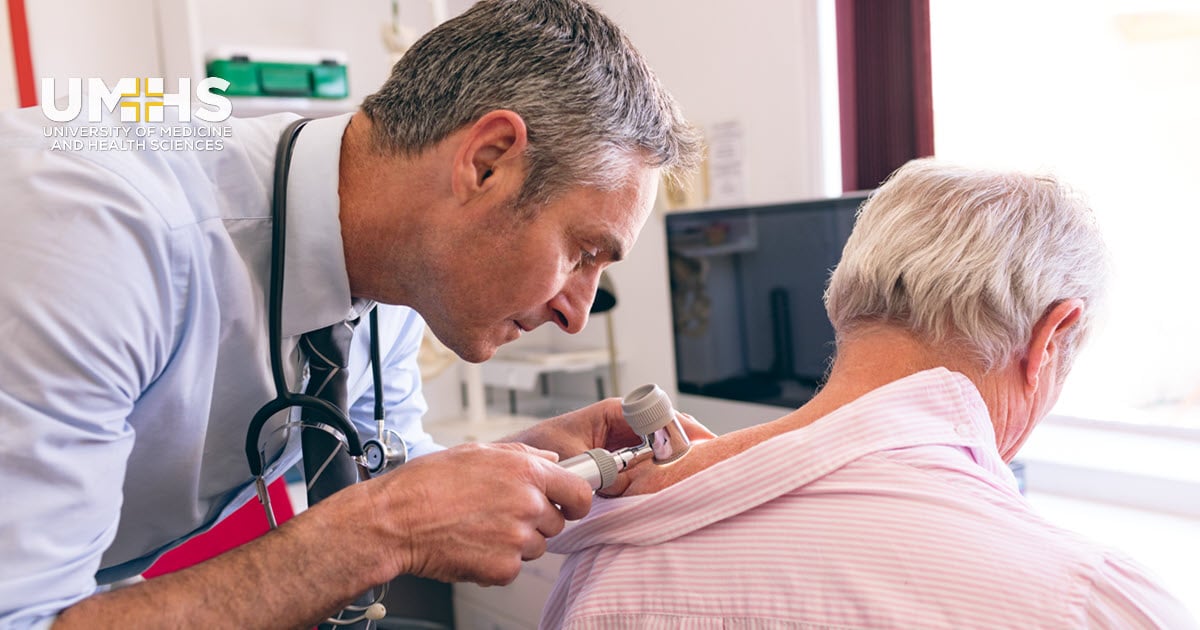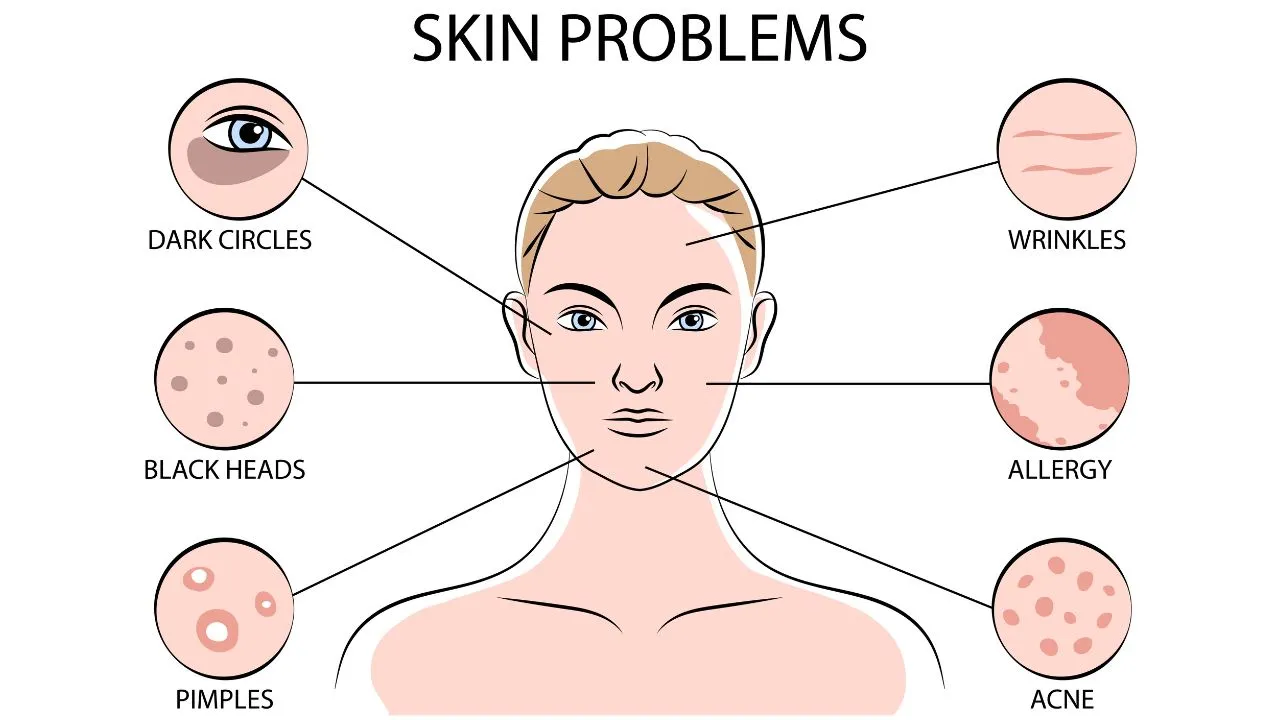Discovering the most recent Advancements in Dermatology: Mohs Techniques for Effective Skin Cancer Treatment
In the advancing landscape of dermatology, Mohs surgical treatment has actually arised as a groundbreaking approach in dealing with skin cancer cells. This method, recognized for its precision and effectiveness, has actually transformed the domain name, offering a beacon of wish for people with basal and squamous cell cancers. As we unpack the complexities of this treatment and its side over conventional therapies, one can not help however ponder the transformative prospective Mohs surgical procedure holds for the future of skin cancer cells treatment.
Comprehending the Principles of Mohs Surgery
A substantial number of people globally are significantly transforming to Mohs surgical procedure for skin cancer treatment. The efficacy of Mohs surgical procedure is impressive, flaunting the greatest success rate amongst therapies for skin cancer, with a reported five-year cure price of up to 99% for brand-new cancers.
The Pioneering Duty of Mohs Surgical Treatment in Treating Skin Cancer Cells
Regardless of the myriad of skin cancer therapies readily available today, Mohs surgical treatment holds a distinct introducing function. Developed by Dr. Frederic Mohs in the 1930s, this treatment has changed the field of dermatology by using the greatest cure rate for skin cancer individuals. Mohs surgery is particularly efficient in dealing with hostile and repeating cancers, making it a favored selection for skin cancers cells located in cosmetically sensitive or functionally crucial locations.

The Treatment: A Step-by-Step Breakdown of Mohs Surgery
Undertaking Mohs surgical treatment involves a thorough, detailed process designed to remove skin cancer cells while protecting healthy cells. Each layer is carefully analyzed under a microscope to examine for cancer cells. Unlike standard techniques, Mohs surgical procedure enables the cosmetic surgeon to precisely figure out when the cancer cells has been totally eliminated, reducing the requirement for additional therapy.
Key Conveniences of Opting for Mohs Surgical Treatment: Efficiency and Precision

Mohs Surgical procedure vs. Conventional Skin Cancer cells Treatments: A Relative Analysis
The comparative evaluation between Mohs surgical procedure and conventional skin cancer cells treatments requires a complete understanding of both techniques. The initial part of the exam will certainly decipher the procedure of Mohs surgical procedure, complied with by an expedition of standard treatments. The final facet of the comparison will focus on the efficacy of each approach, providing a clear comparison between Mohs and standard therapies.
Comprehending Conventional Therapies
People fighting skin cancer cells often confront a bewildering range of treatment choices. Standard therapies mostly entail surgical excision, cryotherapy, radiation, and topical radiation treatment. In medical excision, the cancerous tissue is removed together with some bordering healthy and balanced skin. Cryotherapy makes use of severe cool to eliminate cancer cells, while radiation treatment uses high-energy rays to destroy them (dermatologist). Topical radiation treatment includes using a lotion or gel directly onto the skin cancer cells. While these therapies can be effective, they may likewise bring about scarring, discomfort, and sometimes, reappearance of the cancer. For that reason, the option of therapy requires a careful balance between removing the cancer completely and maintaining as much healthy and balanced skin as feasible. The following area more information will certainly explore the Mohs surgery, a technique that intends to accomplish this balance.
Decoding Mohs Surgery
Substantial advancements in clinical scientific research have led the way for more nuanced and patient-friendly techniques to skin cancer treatment. One such advancement is Mohs surgical treatment, a specialized treatment that excels in dealing with particular kinds of skin cancer. Unlike standard therapies that typically get rid of extra healthy skin around the growth, Mohs surgical procedure is an accurate method that entails removing skin cancer layer by layer while analyzing each layer under a microscopic lense till no cancer cells remain. This not just makes sure total elimination of cancer however additionally minimizes damage to bordering healthy and balanced cells. However, Mohs surgery is not suitable for all skin cancers and client conditions, therefore requiring a cautious analysis by dermatologists. The option between Mohs and conventional treatments mostly depends on the particular situations of each client.
Efficiency Comparison: Mohs vs. Typical
While both Mohs surgical procedure and conventional skin cancer therapies have their advantages, a comparative evaluation reveals distinctive distinctions in efficacy. The Mohs technique, entailing the elimination of one skin layer each time, has actually shown greater cure prices for both primary and reoccurring skin cancers cells. Traditional approaches like excision, cryotherapy, or radiation therapy, although efficient, might not always make certain complete removal of cancer cells. A check out this site study by the American College of Mohs Surgical procedure discovered that Mohs surgery had a 99% success price for dealing with basal cell cancer, contrasted to an 89% rate for standard approaches. Nevertheless, person suitability, cancer kind, and area substantially affect treatment outcomes. While Mohs reveals premium efficacy, it's not widely suitable.
Accepting the Future: The Expanding Adoption of Mohs Surgical Treatment in Dermatology
In current years, the usage of Mohs surgical treatment in the area of dermatology has actually seen an impressive rise. This expanding fostering is connected to the procedure's high cure rates, specifically for basal cell carcinoma and squamous cell carcinoma, one of the most usual kinds of skin cancer cells. Mohs surgery uses the advantage of protecting extra healthy tissue than standard approaches, making it a preferred selection for treating cancers in cosmetically delicate locations - hair loss. As dermatologists come to be a lot more proficient and comfy with the method, its use is anticipated to continue expanding. Nonetheless, the requirement for particular training and resources can posture difficulties to widespread fostering. Despite this, the future of dermatology appears to be accepting Mohs surgical treatment as an essential weapon against skin cancer.
Conclusion
In recap, the improvements in Mohs surgery strategies have transformed skin cancer cells treatment in dermatology. The treatment's precision in eliminating malignant skin layers while conserving healthy and balanced tissue has actually proved its efficiency, resulting in high cure prices and reduced reoccurrence. Given its prevalence over traditional additional reading techniques, the fostering of Mohs surgical procedure is expected to grow, placing it as the future of reliable skin cancer therapy.